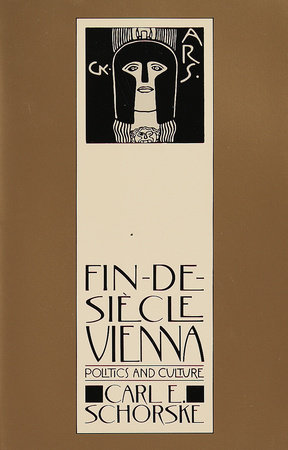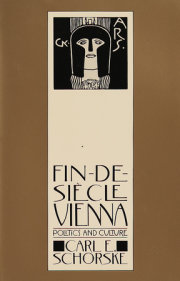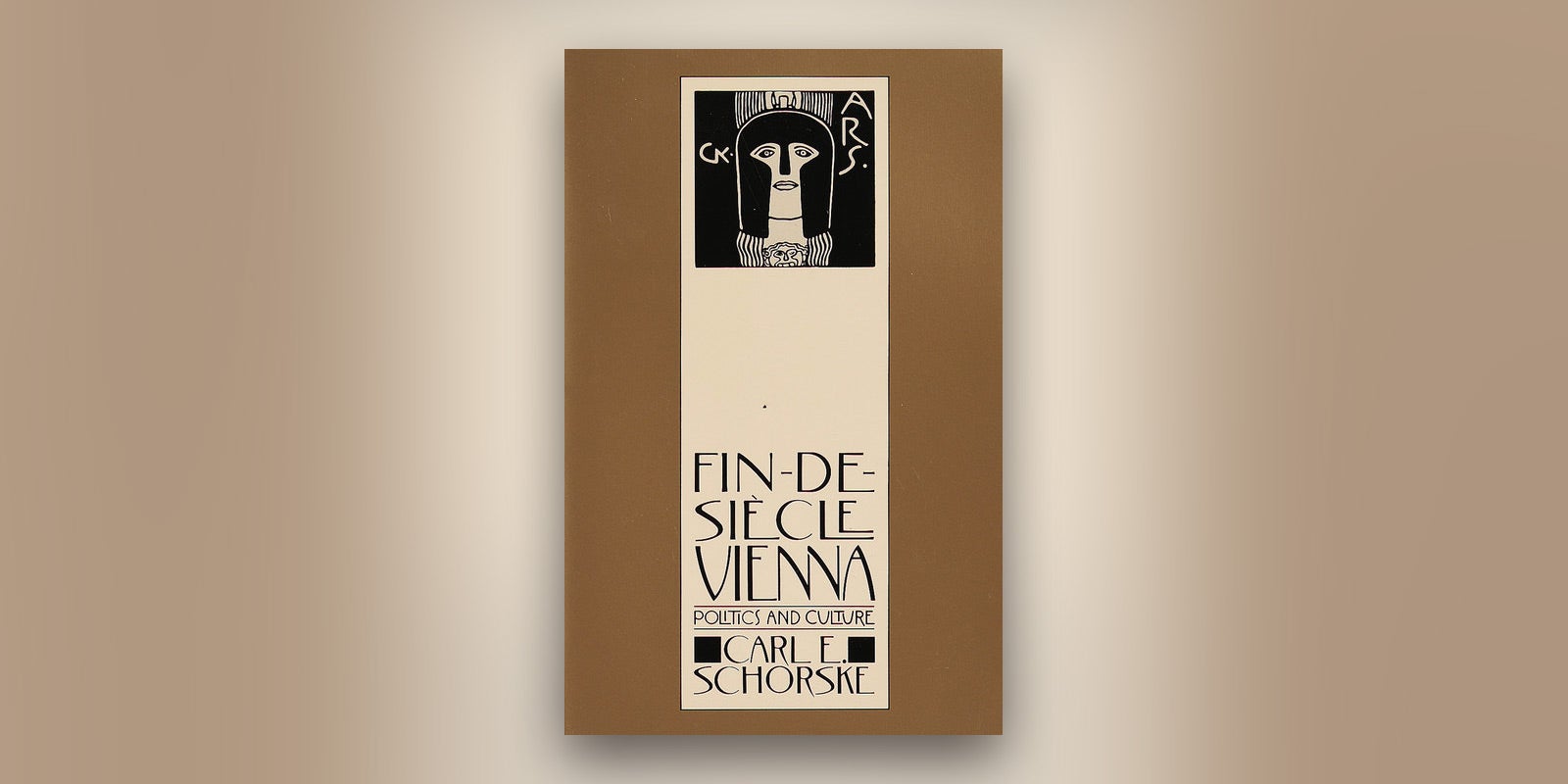Carl E. Schorske Passes Away at 100
We are deeply saddened by the passing of Carl E. Schorske, who died on Sunday, September 13, in East Windsor, New Jersey. He was 100. Schorske was an American cultural historian and professor emeritus at Princeton University.



